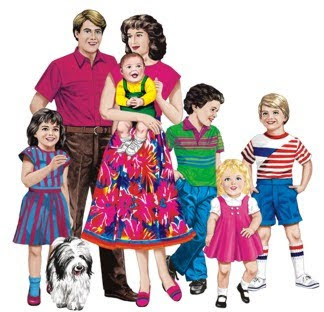Lesson Plan #1
Day Title : Discussion/writing of Oscar Wao
3-30-10
Standards :
1.4 Develop and use the tools and practices of inquiry and research — generating, exploring, and refining important questions; creating a hypothesis or thesis; gathering and studying evidence; drawing conclusions; and composing a report.
2.3 Develop as a reader, listener, and viewer for personal, social, and political purposes, through independent and collaborative reading.
Lesson Outcomes: Students will walk away knowing:
- Having a respect for multi cultures.
- How different cultures present different expectation
- Awareness for sexual identity
- How to construct a thesis/question
Needs:
- Book
- Pencil
- Paper
Launch (10 min total):
(2 min) – Ask the class to get into groups of four. Students can pick who they group with.
Ask the class this discussion question:
“Throughout the novel, Spanish words and phrases appear unaccompanied by their English translations. What is the effect of this seamless blending of Spanish and English? How would the novel have been different if Díaz had stopped to provide English translations at every turn? Why does Díaz not italicize the Spanish words (the way foreign words are usually italicized in English-language text)?”
(8min)Give students a couple of minutes to discuss question and get acquainted with their group.
Learning Activity #1 (25 min):
(12min)Discuss some main themes in order for students to get an idea of the questions that need to be asked.
Examples:
Look at how race and color are important. People are more accepted or seen as more attractive based not only upon their race, but also because of their “shade”. Does physical appearances of the main characters help them or harm them, or both? What does this say about Oscar’s culture?
Do a careful study of how men perceive women in the novel, and how women perceive themselves, including characteristics that are valued and devalued in women. Does culture play a vital role in these perceptions?
(13 min) – Have groups develop two argument/discussion questions. Questions should be based around intellectual thinking and themes found throughout the book.
Assessment (20 min):
(20min) -Have each group will then pass their questions to the next group. Each group will then write a one-page response using proof or evidence to back up their argument.
- I will collect these assessments and questions at the end of class. A class discussion will follow the next day, basing discussion off the questions which the students came up with.
Class dismissed
http://us.penguingroup.com/static/rguides/us/brief_and_wondrous_life_of_oscar_wao.html
http://www.ehow.com/how_2198419_brief-wondrous-life-oscar-wao.html



 The book that I will be dedicating some time towards is called "The Brief Wondrous Life of Oscar Wao" by Junot Diaz. This book is definitely on the boarder line of being acceptable in schools due to some of its themes and vulgarity, but I can see dealing with that. Most importantly, I want to be able to personally read this book with a new mindset devoted to the Hispanic heritage. I know that the main character, Oscar, has a lot of things to offer the reader from comic books to his Dominican background. If you are real interested in a review, click on this link.
The book that I will be dedicating some time towards is called "The Brief Wondrous Life of Oscar Wao" by Junot Diaz. This book is definitely on the boarder line of being acceptable in schools due to some of its themes and vulgarity, but I can see dealing with that. Most importantly, I want to be able to personally read this book with a new mindset devoted to the Hispanic heritage. I know that the main character, Oscar, has a lot of things to offer the reader from comic books to his Dominican background. If you are real interested in a review, click on this link.